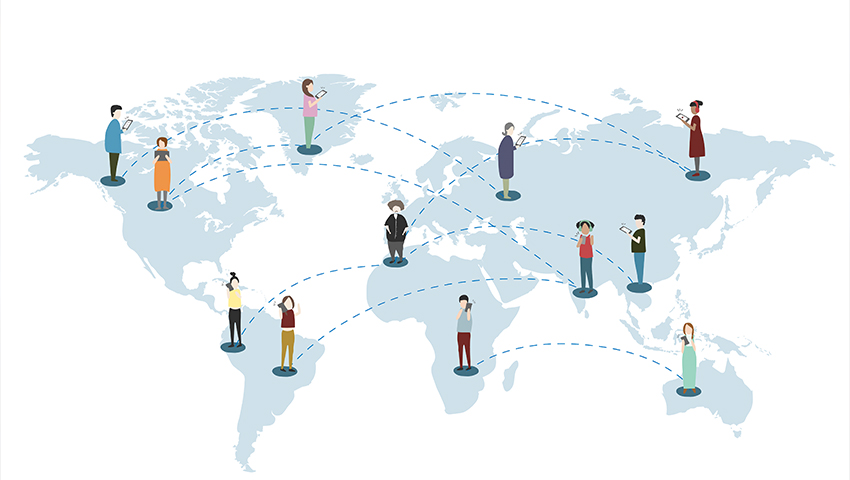Business travel
Ensures that employees have the necessary resources and support while traveling and that expenses are appropriately managed.
Talent mobility in HR refers to the process of managing employee movement within an organization, whether it's transferring employees between departments or facilitating international assignments.
Talent mobility involves various aspects such as Transfer Management, which focuses on internal employee movements, Travel Desk responsible for coordinating business travel, and Immigration and Visa Processing for international assignments. HR collaborates with department heads to identify suitable candidates for transfers, manages travel logistics, and ensures compliance with immigration laws. Effective talent mobility management is crucial for organizational success and requires meticulous planning, coordination, and adherence to local and international regulations.

Ensures that employees have the necessary resources and support while traveling and that expenses are appropriately managed.
Requires careful planning, coordination, and compliance with local and international regulations
Soft skills are crucial for effective communication, collaboration, and interpersonal relationships in the workplace. Training in soft skills includes areas like communication, teamwork, adaptability, problem-solving, and emotional intelligence.
Soft skill training improves employees' abilities to work well with others and handle various workplace challenges.
Leadership development is essential for preparing employees to take on management and leadership roles. Leadership training programs focus on areas such as decision-making, strategic thinking, conflict resolution, and motivating teams.
Developing strong leaders ensures the organization's long-term success and helps employees advance in their careers.
In today's globalized world, cross-cultural competence is vital, especially in diverse workplaces.
Cross-cultural training helps employees understand and respect cultural differences, leading to more effective collaboration and communication. It prepares employees for working with diverse teams, clients, and stakeholders.
Effective talent management involves a strategic approach to training and development, ensuring that these programs align with the organization's goals and the specific needs of its employees. The goal is to empower employees with a diverse set of skills, both soft and technical, to excel in their current roles and prepare them for future responsibilities. This not only contributes to individual growth but also helps the organization remain competitive and adaptable in a dynamic business environment.
Ever find yourself staring at your computer screen a good consulting slogan to come to mind? Oftentimes.
